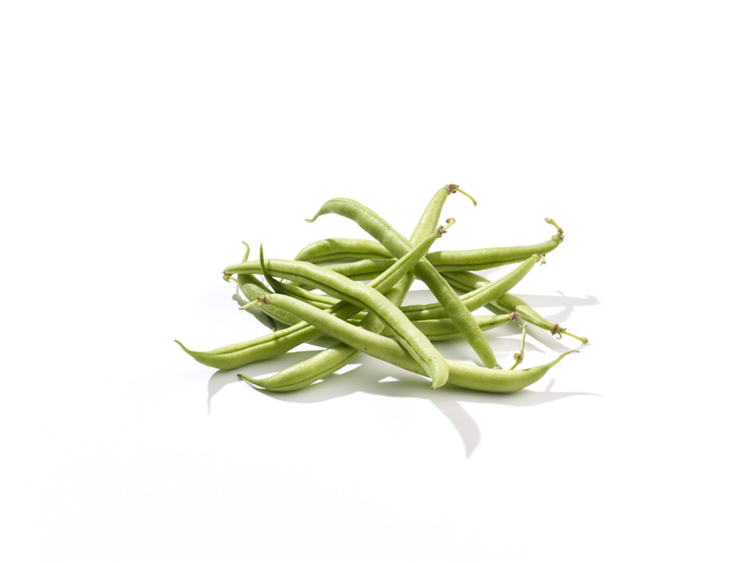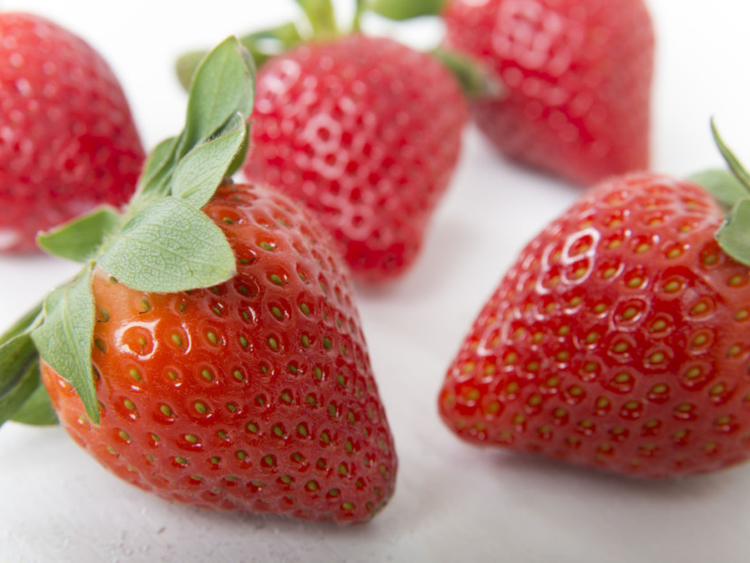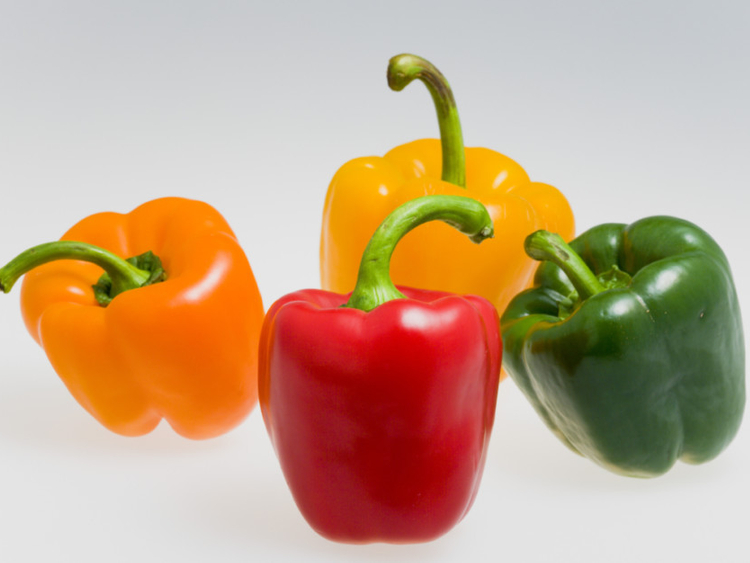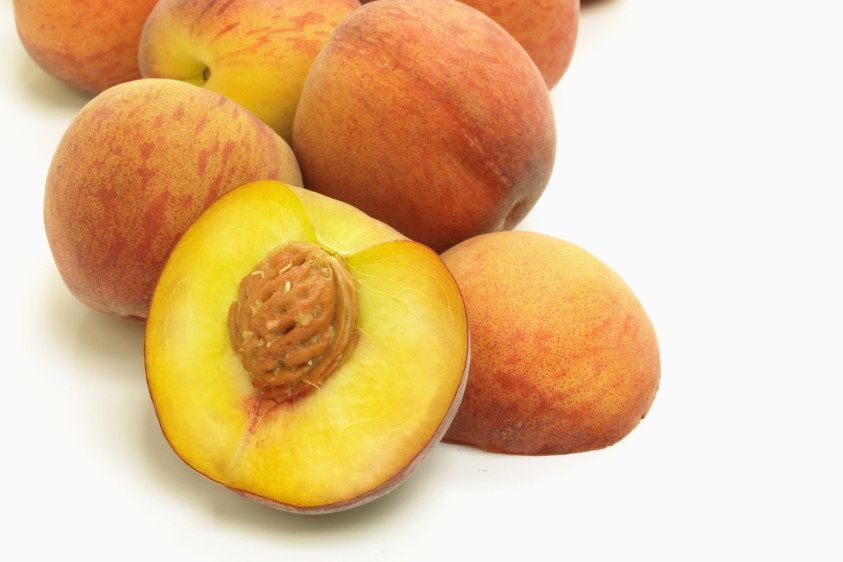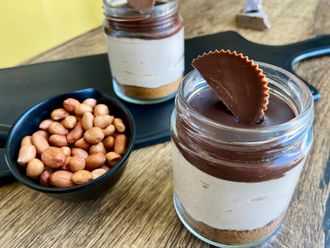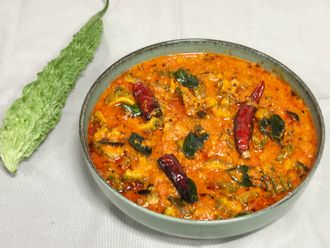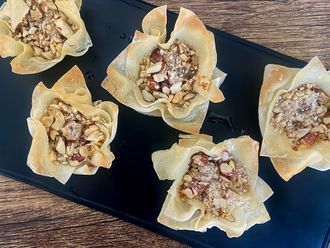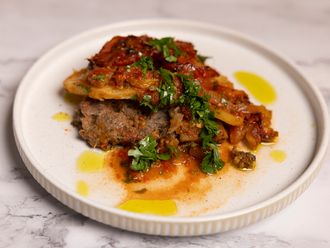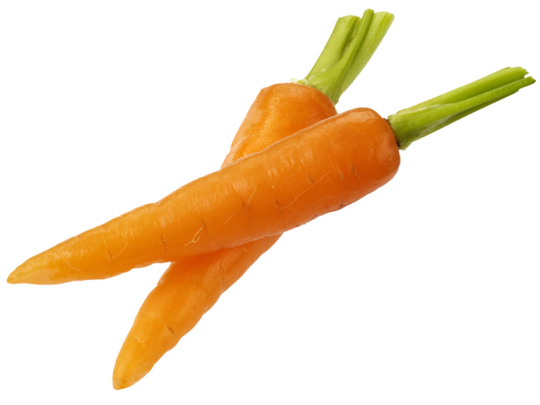
Buying organic fruits and vegetables costs more, and for many shoppers, the advantage hardly seems worth the expense. But there are certain produce items for which “buying organic is a must”, according to a new release from Consumer Reports, the nonprofit long-known for its product reviews.
The group’s 53-page report, From Crop to Table: Pesticide Use in Produce, is highly critical of conventional farming, saying that “the reliance on toxic pesticides to produce food is neither safe nor sustainable. ... Given the growing body of scientific evidence pointing to harm, we believe that the costs are too high and do not justify the short-term benefits of controlling pests with toxic chemicals.” And it suggests buying organic whenever possible.
But for public health advocates, warning about fruits and vegetables can be a delicate matter. Even the conventional fruits and vegetables may be better than none at all, the group said. Estimating the risk posed by pesticides is a complicated process, and among scientists, sometimes contentious.
Consumer Reports based its analysis on US Department of Agriculture data on pesticide residues and combined that with Environmental Protection Agency assessments of pesticide toxicity.
It also considers the typical serving size. Using those calculations, the group placed the food items in one of five risk categories, ranging from “Very Low” to “Very High”.
In a “cheat sheet”. Consumer Reports highlighted these five foods that ought to be found in the organic section.
Peaches
“Fresh peaches grown conventionally fall into our high risk category for pesticide residues,” the group said. “A good alternative if you can’t get organic — canned peaches.”
Carrots
“Carrots are lower risk than other types of produce, but you should still buy organic.”
Strawberries
“If you can’t find organic, conventional raspberries and blueberries are low risk.”
Green beans
“Pesticide risk for green beans hasn’t fallen for 20 years even though progress has been made for other produce.”
Sweet bell peppers
“Conventional sweet bell peppers, domestic and imported, fall into our high and very high risk categories.”
— Washington Post



